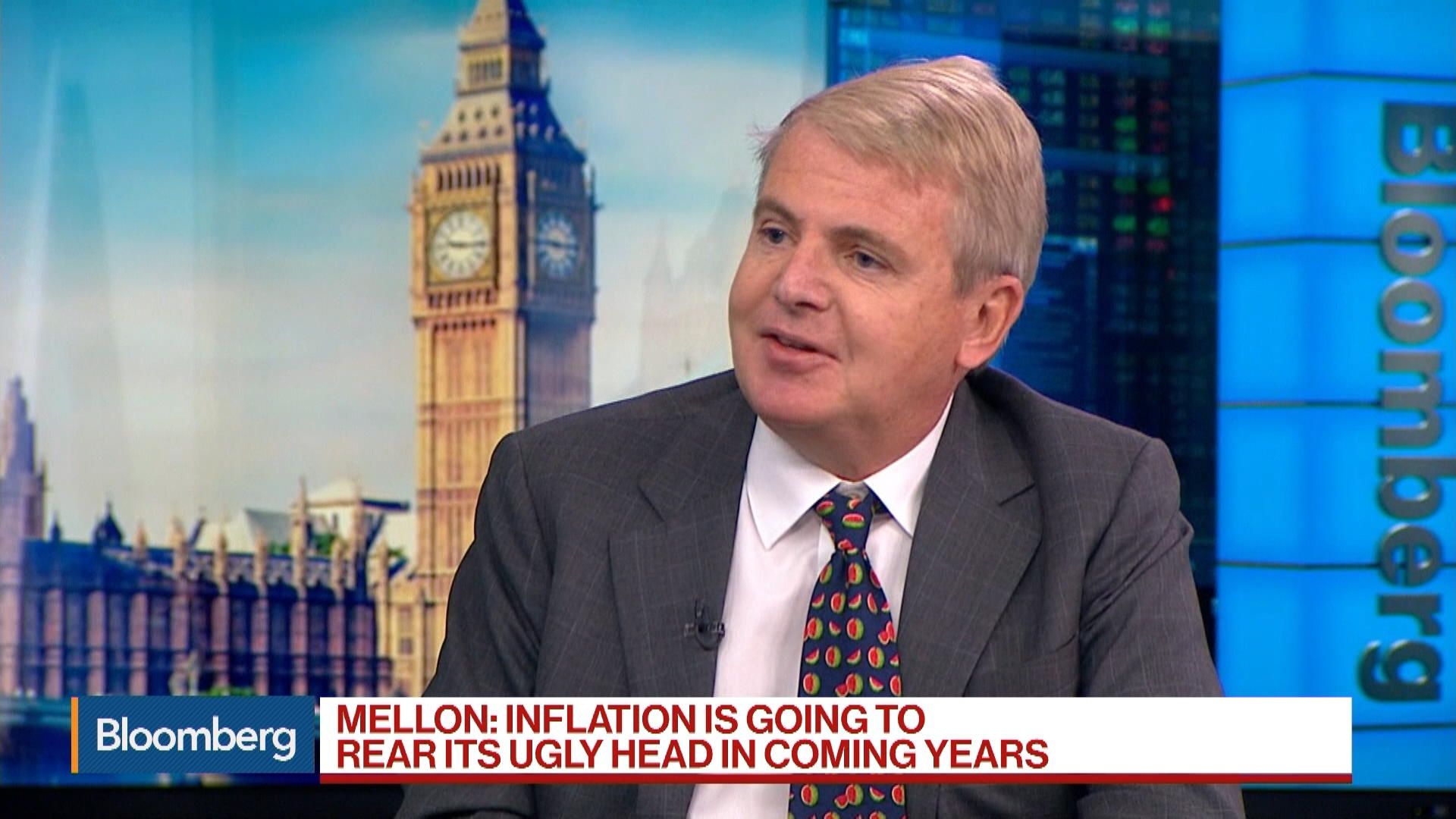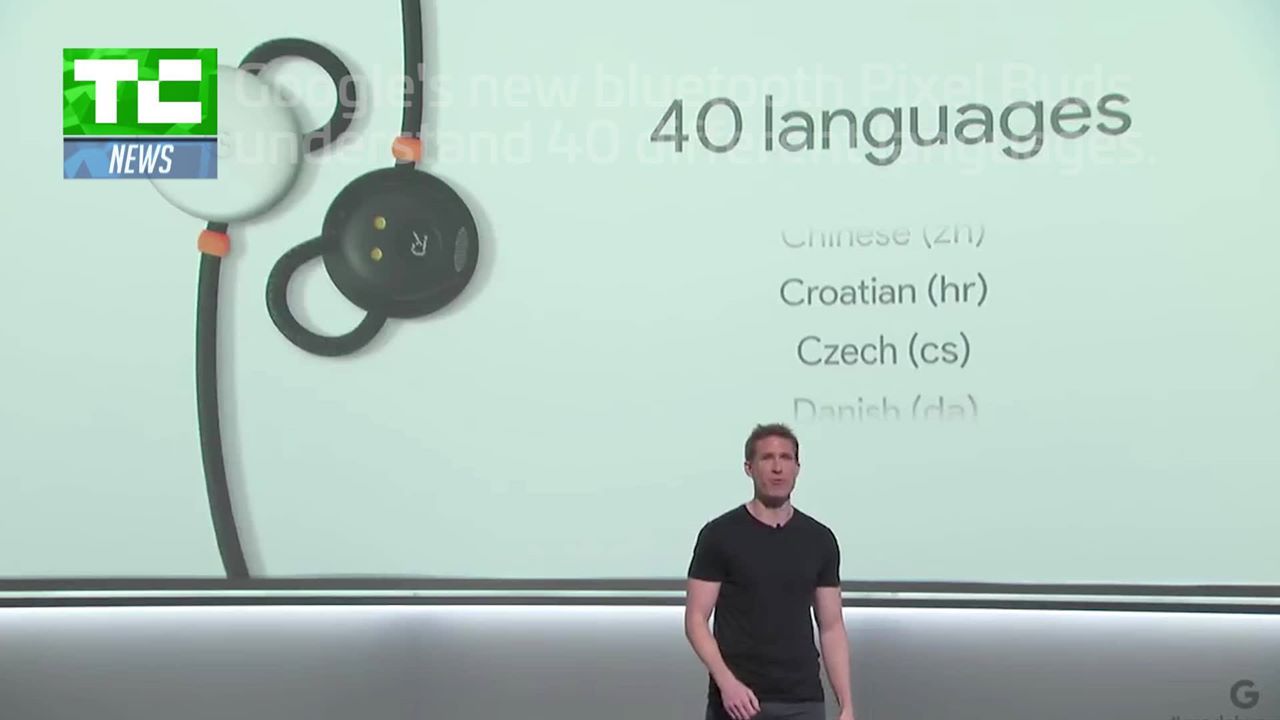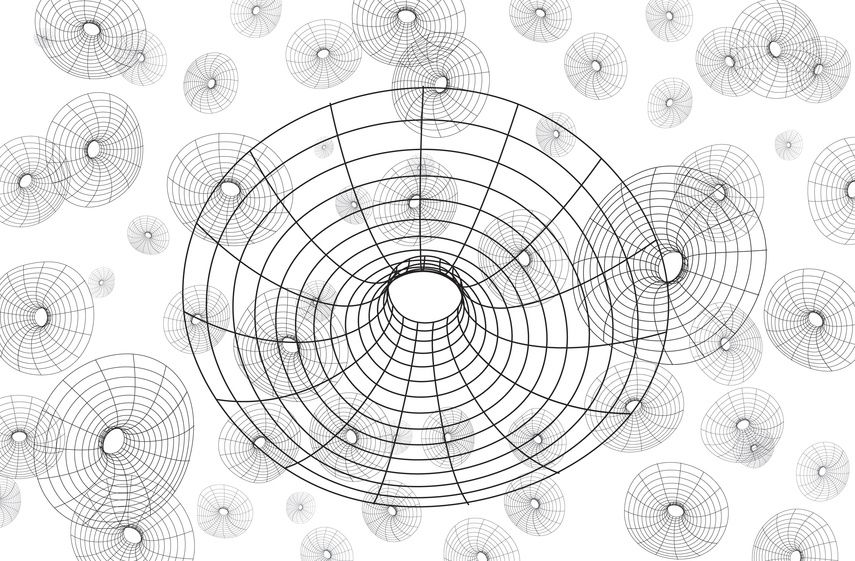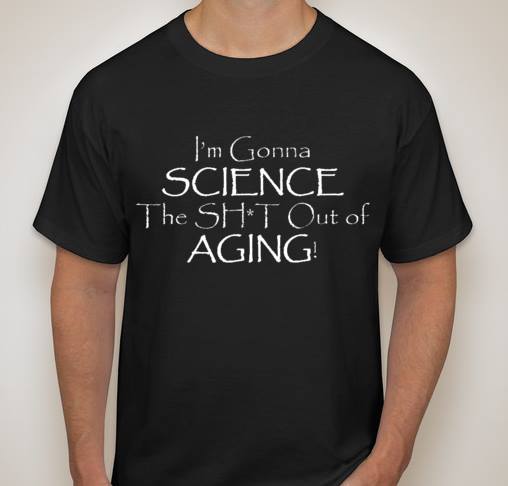Page 9879
Oct 4, 2017
Google’s AirPods competitor can translate 40 languages right in your ear
Posted by Brett Gallie II in categories: innovation, mobile phones
Oct 4, 2017
Extremely rare Periodic element behaving like it’s from an ‘alternative universe’
Posted by Sean Brazell in categories: innovation, quantum physics
Oct 4, 2017
The Brain’s Meninges Harbour its Lymphatic System
Posted by Ian Hale in categories: biotech/medical, health, neuroscience
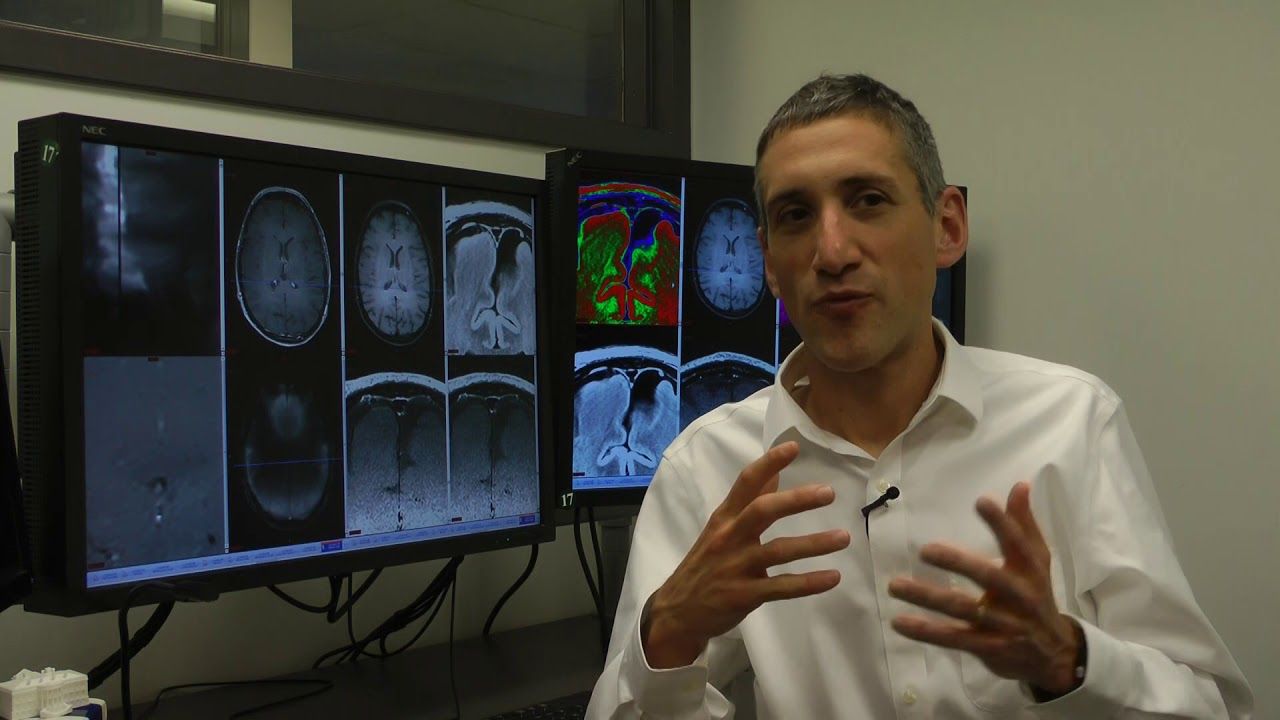
By scanning the brains of healthy volunteers, researchers at the National Institutes of Health saw the first, long-sought evidence that our brains may drain some waste out through lymphatic vessels, the body’s sewer system. The results further suggest the vessels could act as a pipeline between the brain and the immune system.
Dr. Daniel S. Reich, Ph.D., M.D., discusses how his team discovered that our brains may drain waste through lymphatic vessels, the body’s sewer system.
Continue reading “The Brain’s Meninges Harbour its Lymphatic System” »
Oct 4, 2017
Are Space, Time, And Gravity All Just Illusions?
Posted by Ian Hale in categories: cosmology, information science, particle physics, quantum physics
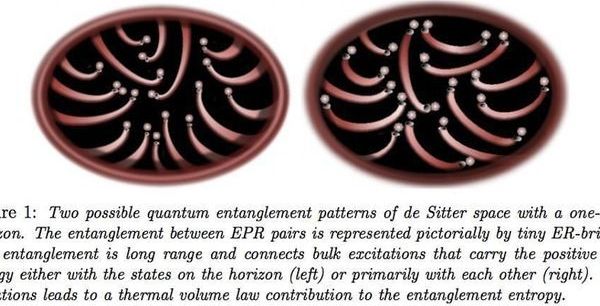
Pioneered by Erik Verlinde, the idea is that gravity emerges from a more fundamental phenomenon in the Universe, and that phenomenon is entropy.
“Sound waves emerge from molecular interactions; atoms emerge from quarks, gluons and electrons and the strong and electromagnetic interactions; planetary systems emerge from gravitation in General Relativity. But in the idea of entropic gravity — as well as some other scenarios (like qbits) — gravitation or even space and time themselves might emerge from other entities in a similar fashion. There are well-known, close relationships between the equations that govern thermodynamics and the ones that govern gravitation. It’s known that the laws of thermodynamics emerge from the more fundamental field of statistical mechanics, but is there something out there more fundamental from which gravity emerges? That’s the idea of entropic gravity.”
Continue reading “Are Space, Time, And Gravity All Just Illusions?” »
Oct 4, 2017
The Singularity Must Be Decentralized
Posted by Ian Hale in categories: robotics/AI, singularity
The research community is beginning to understand that motivations are not a human “artifact” of consciousness, but part of the essential glue that binds consciousness together. Without motivations we have nothing that holds us to this vessel, ensuring that we continue to eat, pay our rent, and do other things necessary for our survival. Conscious machines will for this reason have motivations as well. Otherwise they simply just wouldn’t function. This is an important point because talk of the singularity often brings up visions of a single integrated “machine” that will inevitably enslave humanity. A better question is:
“Will AI be used to gain immense advantage for a single party (whether that party is the AI itself or the human that controls it), or will AI be used to maximize benefit for us all?”
Even if the AIs have interfaces that allow them to share information more rapidly than humans can through reading or watching media, separate AIs will have separate motivations from a single centralized AI. Given that a signature of consciousness is motivation, any consciousness will obviously be motivated to secure all the resources it needs to ensure its survival. In some cases, the most efficient way to secure resources is sharing. In other cases, it’s through competition. AIs might share resources, but they might also compete.
Oct 4, 2017
Why a Longer Life Does Not Mean Longer Decrepitude
Posted by Steve Hill in categories: biotech/medical, life extension
Whenever the topic of increasing human lifespan is discussed the concern is sometimes raised that a longer life would mean a life spent frail and decrepit. This is sometimes known as the Tithonus error and shows a fundamental misunderstanding of the aims of rejuvenation biotechnology. The concern is based on the ancient Greek myth of Tithonus which might be thought of as a cautionary tale warning seekers of an eternal life of its alleged inherent dangers.
The myth of Tithonus in brief
Tithonus, the story goes, was a mere mortal who was in love with Eos, the beautiful titan of the dawn. His feelings were requited, but, unfortunately, their idyll was not destined to last. Being a titan, Eos was also a deity and thus immortal, unlike Tithonus, who one day would die of old age if not of some other cause. Eos thus turned to Zeus and asked him to make Tithonus immortal as well. Zeus granted Eos’ wish, but even this did not solve the two lovers’ problem; the father of the gods had granted Tithonus immortality, not eternal youth.
Continue reading “Why a Longer Life Does Not Mean Longer Decrepitude” »
As we age, the thymus begins to shrink, and fewer numbers of T cells are created and trained to fight. This structural decay of the thymus is one of the main reasons why we become increasingly vulnerable to infectious diseases, such as influenza and pneumonia. The other reason is immune cells becoming senescent.
So, what can we do about it? Check out our new exclusive interview and find out.
Oct 4, 2017
Career Advice for Learners in Artificial Intelligence AI and Machine Learning
Posted by Müslüm Yildiz in category: robotics/AI
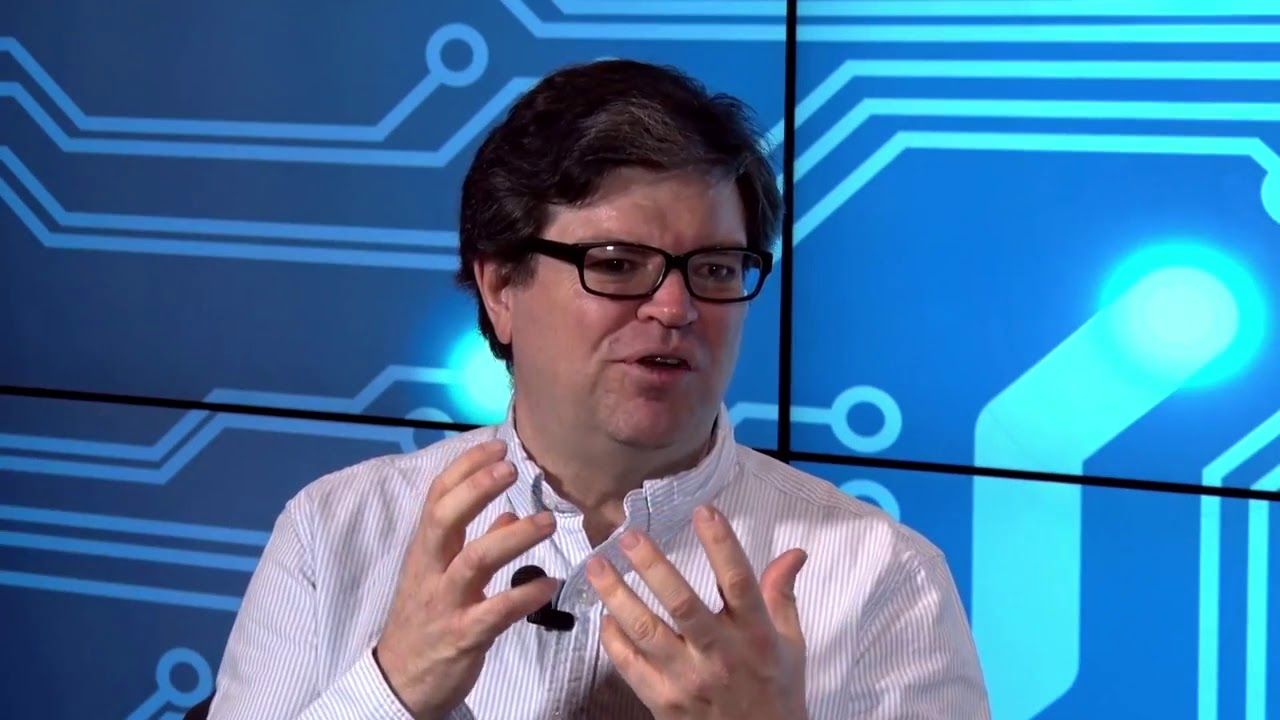
https://youtube.com/watch?v=Vi5RBv79oik
Yann LeCun is Director of AI Research at Facebook and Silver Professor at New York University, affiliated with the Courant Institute, the Center for Neural Science and the Center for Data Science, for which he served as founding director until 2014. He received an EE Diploma from ESIEE (Paris) in 1983, a PhD in Computer Science from Université Pierre et Marie Curie (Paris) in 1987.
After a postdoc at the University of Toronto, he joined AT&T Bell Laboratories. He became head of the Image Processing Research Department at AT&T Labs-Research in 1996, and joined NYU in 2003 after a short tenure at the NEC Research Institute. In late 2013, LeCun became Director of AI Research at Facebook, while remaining on the NYU Faculty part-time. He was visiting professor at Collège de France in 2016.
Continue reading “Career Advice for Learners in Artificial Intelligence AI and Machine Learning” »
Oct 4, 2017
Dr. Greg Fahy – Rejuvenating the Thymus to Prevent Age-related Diseases
Posted by Steve Hill in categories: biotech/medical, engineering, life extension
As we age, the thymus begins to shrink, and fewer numbers of T cells are created and trained to fight. This structural decay of the thymus is one of the main reasons why we become increasingly vulnerable to infectious diseases, such as influenza and pneumonia. The other reason is immune cells becoming senescent.
There are a number of possible solutions to this problem. Firstly, engineering new healthy and youthful thymic tissue might help to restore the immune system, and indeed a number of groups are working towards this.
Secondly, some researchers are focused on encouraging the aged thymus to regrow using various approaches, such as stem cell transplants, cellular reprogramming or chemical compounds. Dr. Greg Fahy is involved in researching this second approach, and we had the opportunity to speak to him about this work.
